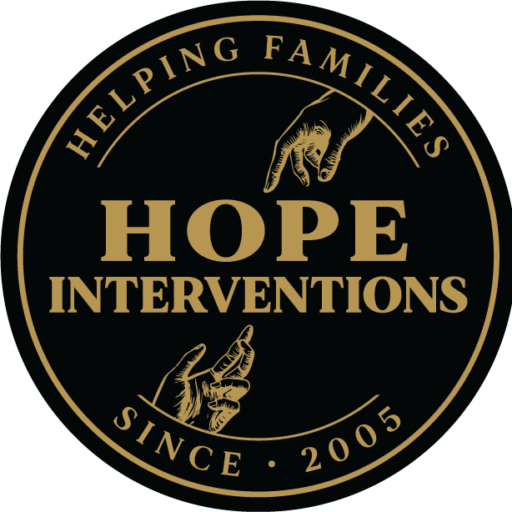Understanding the Stigma Surrounding Mental Health
Despite growing awareness, mental health remains a topic often shrouded in stigma. Misconceptions, fear, and outdated beliefs prevent many individuals from seeking the help they need. People struggling with mental health conditions may feel ashamed or afraid of being judged, which can deter them from reaching out for professional support.
Stigma can manifest in various ways, including:
- Social stigma: Negative attitudes and discrimination from others
- Self-stigma: Internalized feelings of shame and unworthiness
- Structural stigma: Policies and systems that create barriers to care
The impact of stigma can be devastating, often leading to untreated mental health conditions, isolation, and a reduced quality of life.
Why Mental Health Matters More Than Ever
The world is facing an unprecedented mental health crisis. According to the World Health Organization, depression and anxiety disorders have risen significantly over the past decade. The COVID-19 pandemic, social and economic pressures, and increasing global instability have further amplified stress, loneliness, and mental health struggles.
Prioritizing mental health is essential because:
- It affects overall well-being: Mental health influences physical health, relationships, and daily functioning.
- It reduces suicide rates: Many suicides are preventable with early intervention and support.
- It improves productivity: Employees with good mental health perform better, leading to a healthier economy.
- It fosters stronger communities: A society that supports mental health creates a more compassionate and resilient environment.
How to Break the Stigma
Breaking the stigma requires collective action and a commitment to changing perceptions about mental health. Here’s how we can all contribute:
Encourage Open Conversations
Talking about mental health should be as normal as discussing physical health. By sharing personal experiences and listening without judgment, we can create a culture of acceptance.
Educate Yourself and Others
Understanding mental health conditions, their causes, and available treatments can help dispel myths and misinformation. Knowledge empowers individuals to recognize symptoms and seek appropriate care.
Support Mental Health Initiatives
Advocate for mental health awareness in workplaces, schools, and communities. Supporting mental health policies and initiatives can lead to systemic changes that improve access to care.
Encourage Seeking Help
Many people hesitate to seek help due to fear of being judged. Encouraging loved ones to seek professional support and normalizing therapy can make a difference.
Use Supportive Language
The words we use can either reinforce stigma or promote understanding. Avoid derogatory terms and instead use respectful, person-first language when discussing mental health.
Hope Interventions: Helping Individuals Take the First Step
At Hope Interventions, we believe that everyone deserves access to compassionate mental health care. Our intervention services are designed to help individuals and families navigate the challenging journey toward recovery. Whether it’s guiding a loved one toward treatment or providing resources for long-term support, we are committed to breaking the stigma and fostering hope.
If you or someone you love is struggling with mental health challenges, don’t hesitate to reach out. Together, we can build a world where mental health is prioritized, stigma is eliminated, and hope is restored.
Take Action Today
Breaking the stigma starts with each of us. Share this blog, start a conversation, and be a beacon of hope for those in need. Change begins with awareness, and awareness leads to healing.

